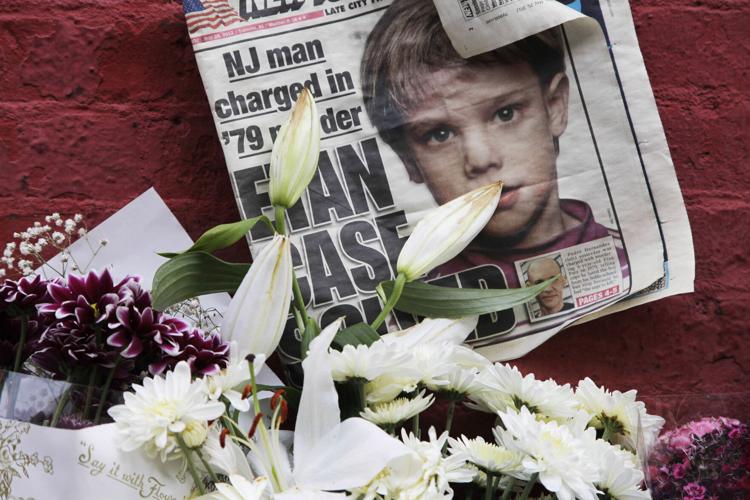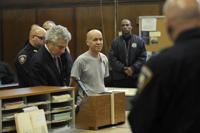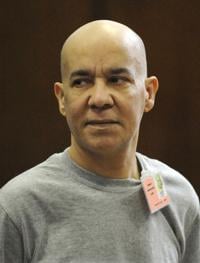NEW YORK (AP) — Prosecutors said Friday they might appeal to the U.S. Supreme Court to try to preserve a murder conviction in the 1979 disappearance of 6-year-old Etan Patz, a bewildering case that went unsolved for decades.
A federal appeals court recently overturned the conviction of Pedro Hernandez, the former convenience store clerk who became a suspect over 30 years after the New York City first-grader vanished. The appeals court ordered him freed unless he's retried “within a reasonable period.”
Prosecutors asked the appeals court Friday to hold off sending the case back to a lower-level federal judge to set a retrial date.
The Manhattan District Attorney’s Office wrote that it is "currently determining whether to file a petition” to the Supreme Court this fall.
A message seeking comment was sent to Hernandez' lawyers. He already has been tried twice — his 2017 conviction came after a prior jury couldn’t reach a verdict.
Etan disappeared while walking little more than a block to his school bus stop. He became one of the first missing children pictured on milk cartons, and his anguished parents helped reshape how American law enforcement agencies responded to missing-child cases. Other parents, meanwhile, became more protective of children over the years after Etan's case and others.
No trace of Etan was ever found. After many years, his parents eventually had him declared legally dead.
Investigators scoured the city, and even overseas, for leads. But no arrests were made until 2012, when police got a tip that Hernandez — who worked in Etan's neighborhood when the boy was last seen — had made remarks in the ensuing years about having harmed or killed a child in New York.
Hernandez then told police that he'd offered Etan a soda to lure him into the basement of the shop where Hernandez worked. The suspect said he then choked the boy and put him, still alive, in a box and left it with curbside trash.
Hernandez’s lawyers say he confessed falsely because of a mental illness that sometimes made him hallucinate. The attorneys emphasized that the admission came after police questioned him for seven hours without reading him his rights or recording the interview. Hernandez then repeated his admission on tape, at least twice.
The trials happened in a New York state court, but the Hernandez appeal eventually wound up in federal court. At issue was the trial judge's response to jurors' questions about whether they had to disregard the recorded confessions if they found the first, unrecorded one was invalid.
The judge said no. The appeals court said the jury should have gotten a more thorough explanation of its options, which could have included disregarding all of the confessions.









